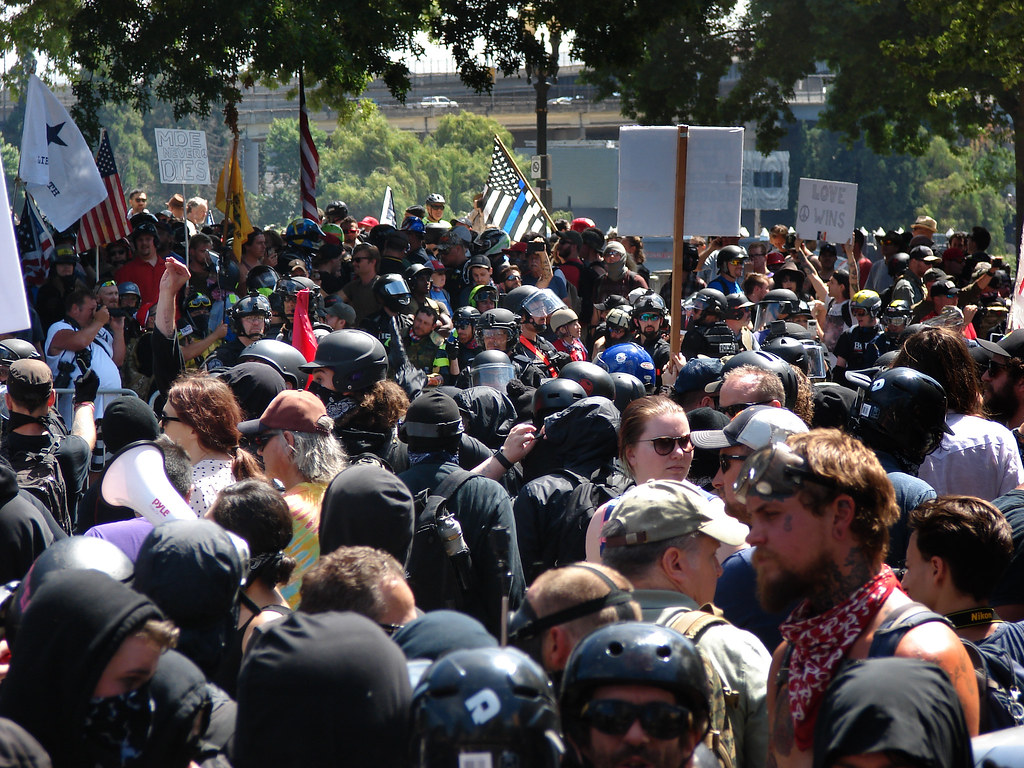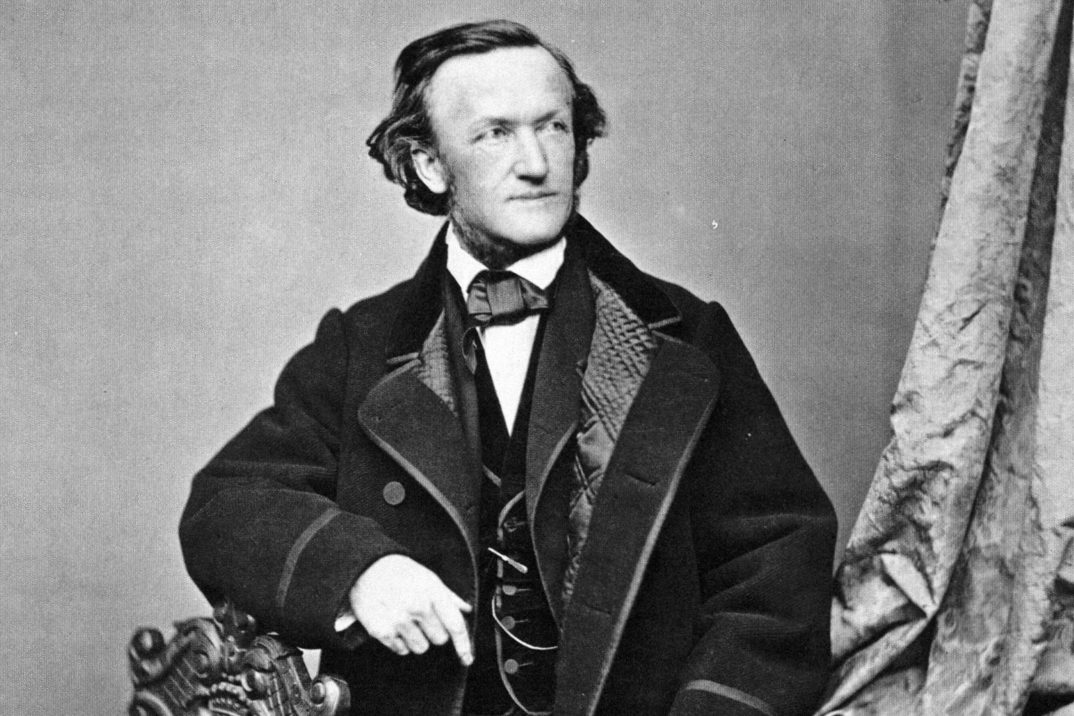As in the past, in the wake of this most recent bout of violence in Israel an argument has raged in the media over the proper bounds of criticism of the state of Israel — when, in other words, does criticism of Israel merge with Jew hatred? No sane person denies that criticism of Israeli policies is, at least under some circumstances, not equivalent to prejudice against Jews. Nevertheless, some defenders of Israel claim that what they call the disproportionate attention paid to the Israel-Palestine conflict by Western media and other critics of Israel is itself evidence of Jew hatred. It is this claim that I will evaluate in this column.
I will grant the premise of those who make this claim — to wit, that the Israel-Palestine conflict does receive more critical attention than other, worse conflicts around the world. This is not to underplay the moral enormity of Israel’s treatment of Palestinians; my claim is simply that there are even more egregious violations of human rights in other parts of the world that receive relatively less attention from certain quarters. In order not to beg any questions — “disproportionate” has a negative connotation — I will put the question to be answered as follows: “Is the relatively greater attention paid to the Israel-Palestine conflict over other, worse conflicts itself evidence of Jew hatred?”
There are a number of players who might be said to pay more attention to the Israel-Palestine conflict than other, worse conflicts, but I will consider three: the Palestinians themselves, Arab observers, and the Western media. First, let’s consider the Palestinians. Suppose that Smith is a shop-owner whose store is periodically raided by a Jewish shoplifter. As yet unable to catch the shoplifter, Smith is consumed by hatred for him. Meanwhile, in another town, a Gentile serial killer rapes and kills women. On the rare occasions when the thought of the killer comes to Smith’s mind, Smith feels some degree of indignation and pity. Still, he does not hate and resent the serial killer as he does the Jewish shoplifter. It seems to me that Smith’s attitudes are not evidence of Jew hatred. It is natural — not to say morally good, just natural or commonplace — to focus more attention on the moral wrongs perpetrated against oneself than on the moral wrongs perpetrated against distant others. To do so does not necessarily reveal prejudice against the ethnicity of the wrongdoer. By the same token, Palestinians are naturally more focused on the wrongs perpetrated against them by Israel than on other, perhaps worse conflicts.
Now consider Arab observers. Suppose that Adam is Smith’s cousin, and Adam is almost equally consumed by hatred for the Jewish shoplifter as Smith. Again, I do not think this relatively greater focus on the Jewish shoplifter is evidence of Jew hatred. It is natural — again, not morally good, just commonplace — for those who feel a kinship towards victims of particular wrongdoing to focus more on that wrongdoing, even if there is worse wrongdoing somewhere else in the world. Arab critics of Israel tend to feel a bond of ethnic kinship with the Palestinians, and so will naturally focus more attention on the wrongs done to them than to others. This may offend against some conception of moral equality according to which we ought to dole out our attention to wrongs precisely in proportion to their egregiousness, with no special attention paid to wrongs that are “closer” to us in any sense. My point is merely that even if this form of neutrality is morally required, those who offend against it do not necessarily reveal prejudice in doing so.
It might be objected that some Arab observers have a history of openly anti-Semitic statements. Suppose Adam had such a history. Given this, would Adam’s focus on the Jewish shoplifter smack of Jew hatred? Surprisingly, the answer is no. This is a subtle point, so I want to be clear. With a past history of anti-Semitic statements, we have good evidence that Adam is an anti-Semite. However, Adam’s focus on the Jewish shoplifter does not provide additional evidence, over and above Adam’s past statements, that Adam is an anti-Semite. Similarly, an Arab who criticizes Israel and has a history of anti-Semitic statements is not more likely to be an anti-Semite than an Arab who has a history of anti-Semitic statements but never criticizes Israel.
Now suppose that both the Jewish shoplifter and the Gentile serial killer are caught. It turns out that the Jewish shoplifter is a local “golden boy” who attends high school on a city scholarship, volunteers at soup kitchens, and plays varsity basketball. Many of his relatives hold important positions in government and the media, and many prominent members of the community rally around him, raising money for his legal defense. The serial killer, by contrast, lives on the margins of society, grew up in an abusive household, and had innumerable encounters with law enforcement prior to his most recent crimes. He’s represented by a public defender. Predictably the media, including local gadflies on the opinion pages of the local newspaper, focus a lot of their attention and ire on the golden boy. Once again, that they do this may be in some ways regrettable, as they ignore the serial killers’ victims in the process. There may be a moral argument for apportioning their attention and criticism differently. On the other hand, there is at least a partial justification (and not just a “man bites dog” explanation) for the focus in the fact that the golden boy receives a city scholarship. The point is that the greater focus on the golden boy is not necessarily evidence of Jew hatred. Similarly, Israel not only holds itself out as an upstanding member of the international community, but it also receives significant material support from the United States. These facts can explain why the Western media focuses attention and criticism on the Israel-Palestine conflict to a relatively greater degree than other, worse conflicts.
My conclusion, then, is that there are reasons that explain why both participants and observers pay more attention to the Israel-Palestine conflict than other conflicts — reasons that have nothing to do with Jew hatred. This is, of course, not to say that such attention is certainly not due to anti-Semitism. Rather, my conclusion is that the fact that, say, a member of the Western media focuses more attention on the Israel-Palestine conflict than other conflicts is not itself evidence — does not make it likelier — that this person is an anti-Semite.






